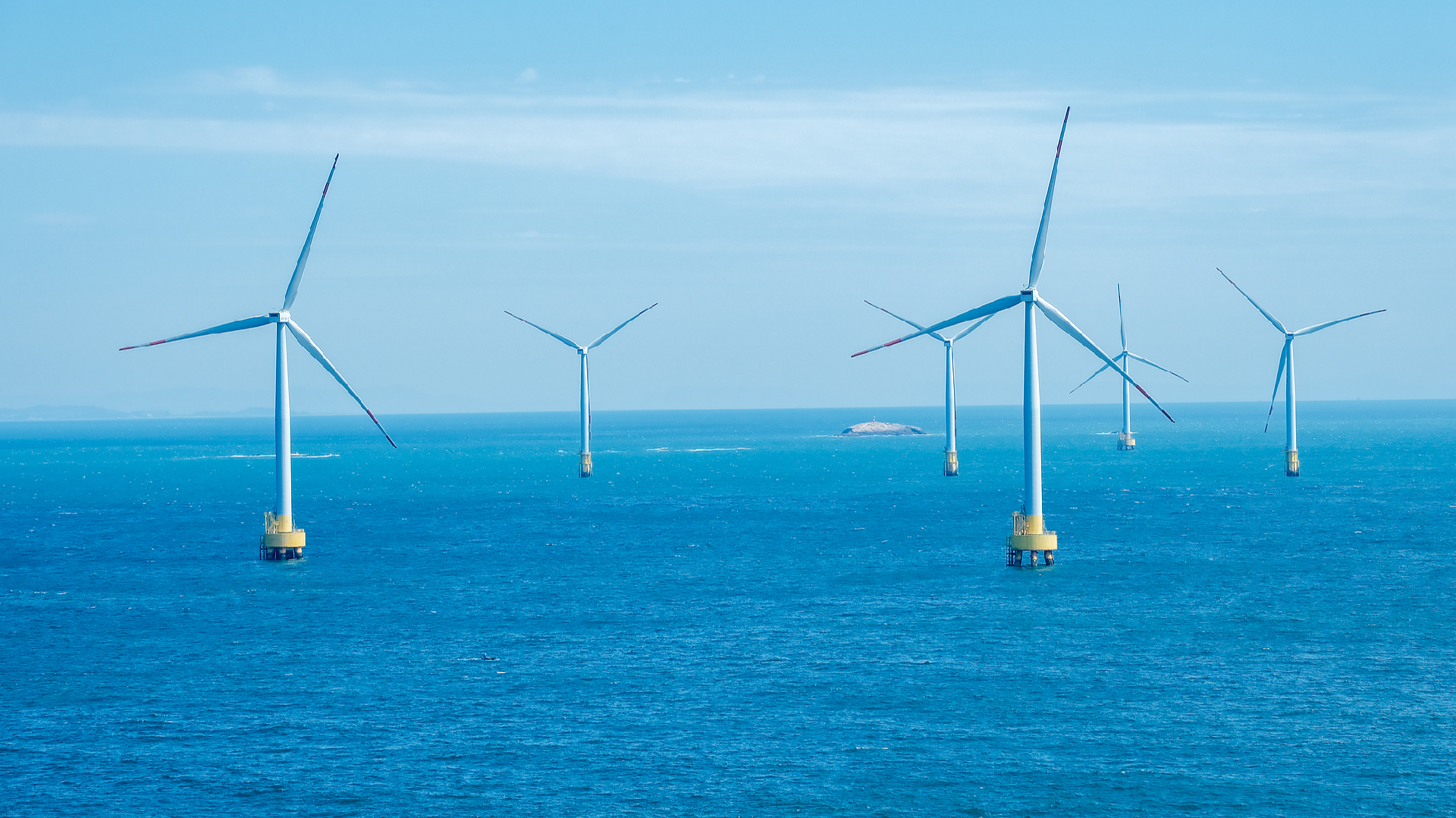INSUBCONTINENT EXCLUSIVE:
China is spearheading international efforts to foster maritime peace, economic growth and sustainable development, championing the vision of
a maritime community with a shared future through concrete actions and partnerships.For nearly 17 years, China has demonstrated unwavering
commitment to safeguarding vital sea lanes and combating piracy in high-risk regions
By March 2024, the Chinese navy had dispatched 46 escort fleets comprising over 150 vessels and 36,000 personnel to the Gulf of Aden and
the waters off Somalia, successfully ensuring the safe passage of more than 7,200 commercial ships from over 30 countries
In December last year, the 47th escort fleet set sail for the region, taking over the escort mission from the previous fleet.These efforts,
which began as anti-piracy patrols in response to UN Security Council resolutions off Somalia in 2008, have grown into a global public good,
offering critical security support to international maritime trade
The operations highlight China's dedication to upholding navigational freedom and stability essential pillars of the world economy.China's
collaborative approach extends to strengthening multilateral trust and capability-building
Regular joint exercises with Russia, Pakistan, Thailand, Iran, South Africa, and ASEAN nations have become a cornerstone of regional
These drills spanning anti-piracy operations, search-and-rescue missions, and humanitarian assistance enhance collective preparedness
against shared challenges.Economic development remains central to China's maritime strategy
The 21st Century Maritime Silk Road, a key component of the Belt and Road Initiative (BRI), has revitalized trade and infrastructure
connectivity across continents. The Silk Road shipping network now spans 117 ports in 43 countries, supported by a coalition of 300 global
enterprises dedicated to streamlining logistics and boosting blue economies
Complementing this, an oceanographic forecasting system along the Maritime Silk Road provides real-time environmental data to over 100
partner cities, enhancing navigational safety and disaster resilience
These projects exemplify China's commitment to shared prosperity, empowering developing nations to harness marine resources and integrate
into global value chains.Environmental stewardship is another pillar of China's global maritime contributions
The nation has actively aligned its policies with the United Nations' 2030 Agenda for Sustainable Development, advocating for stronger
international mechanisms to protect marine biodiversity and regulate ocean resources. In actively pursuingthe dual carbon goals of peaking
carbon emissions by 2030 and achieving carbon neutrality by 2060, China has integrated green and low-carbon principles into its marine
economic development, achieving positive progress in the green transformation of marine industries
This includes advancing sustainable marine fisheries, promoting eco-friendly practices in port shipping and shipbuilding and scientifically
developing marine clean energy resources.One of its key approaches toconserving aquatic resources and restoring marine ecosystems is tobuild
modern marine ranching, which has played a vital role in fostering sustainable marine fisheries
By 2023, China has established 169 national-level marine ranching demonstration zones, generating annual ecological benefits worth around
178 billion yuan ($24.3 billion).Through these multifaceted efforts, China is forging bridges of cooperation that transcend geographical and
Its investments in ports, shipping networks, and disaster-response systems have enabled partner nations to enhance maritime security and
The vision of a maritime community with a shared future now marking its sixth anniversary on Wednesday is steadily taking shape, driven by
China's proactive contributions to dialogue, development, and sustainability.

